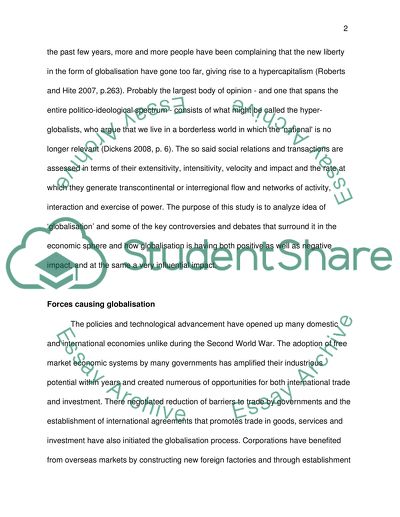Cite this document
(The Transformation of Local Phenomena Into a Global One Research Paper, n.d.)
The Transformation of Local Phenomena Into a Global One Research Paper. Retrieved from https://studentshare.org/politics/1564355-write-an-essay-on-globalisation-of-trade-related-to-economic-globalisation
The Transformation of Local Phenomena Into a Global One Research Paper. Retrieved from https://studentshare.org/politics/1564355-write-an-essay-on-globalisation-of-trade-related-to-economic-globalisation
(The Transformation of Local Phenomena Into a Global One Research Paper)
The Transformation of Local Phenomena Into a Global One Research Paper. https://studentshare.org/politics/1564355-write-an-essay-on-globalisation-of-trade-related-to-economic-globalisation.
The Transformation of Local Phenomena Into a Global One Research Paper. https://studentshare.org/politics/1564355-write-an-essay-on-globalisation-of-trade-related-to-economic-globalisation.
“The Transformation of Local Phenomena Into a Global One Research Paper”, n.d. https://studentshare.org/politics/1564355-write-an-essay-on-globalisation-of-trade-related-to-economic-globalisation.


